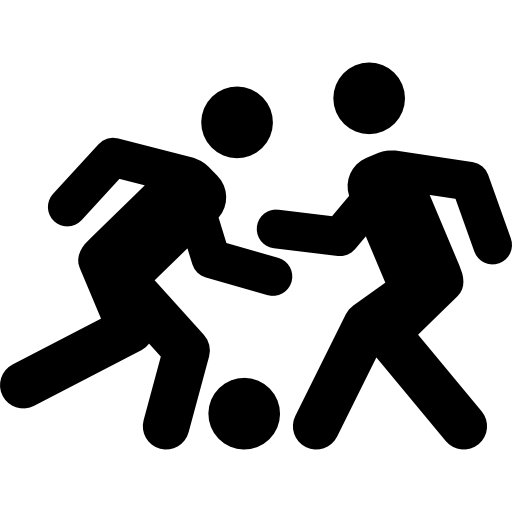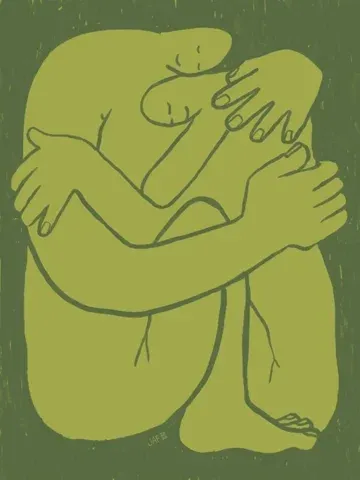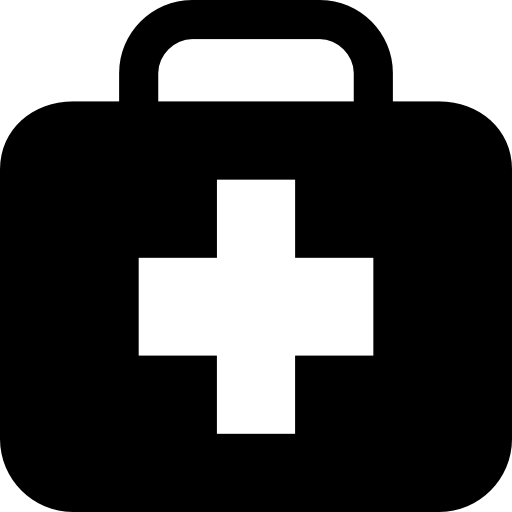 Photo by Roman Kraft on Unsplash
Photo by Roman Kraft on UnsplashDo you think your friend or loved one may be experiencing post-traumatic stress disorder (PTSD)?
Support them to access professional help and resources.
What is PTSD?
Post-traumatic stress disorder (PTSD) is a mental health condition that some people develop following a deeply disturbing event, for example:
sexual assault
physical attack
traffic accident
natural disaster
fighting in or being exposed to war
PTSD develops in approximately one in three people who experience trauma. Some people are more likely to develop PTSD if they have mental health diagnoses, addictions, or experienced other trauma earlier in life.
 Photo by Vita Leonis on Unsplash
Photo by Vita Leonis on UnsplashWhat are the symptoms to watch out for?
Common PTSD symptoms can be:
flashbacks
panic attacks
trouble sleeping or nightmares
negative changes in behavior and mood
severe anxiety
depression
 Photo by Creedi Zhong on Unsplash
Photo by Creedi Zhong on UnsplashIf you recognize these symptoms in your friend or a loved one, ask yourself if you’re aware of a traumatic event that may have occurred in their life recently.

You can try to have an open and non-judgmental conversation with them.

Ultimately, encourage them to see a doctor and get professional treatment.

Quiz
Your loved one has just lost their home in a tornado. Which symptoms below might be a sign of PTSD?
What can you do to support their recovery?
Dos and Don'ts
Do...
Understand more about PTSD. By educating yourself about the condition, you’ll have more empathy and understanding of what your friend or family member is going through.

Find an enjoyable activity to share with them. A regular routine will help them feel more in control of their life.

Know their triggers and avoid the situations or scenarios that might cause an emotional reaction. For instance, if their trauma is linked to loud noises, you can steer clear of noisy environments. Even small steps you can take can make a significant impact.

Don't...
Pressure them into "talking it through". PTSD is about unwanted memory of trauma. Allow them to open up when they want to.

Check on them if they're attending treatment. Your support should not be overbearing.

What do I need to know about PTSD?
If your loved one receives a PTSD diagnosis, you should know that this condition isn’t a life sentence, and many people can find the courage to overcome PTSD.

Recovery is a process.
Although recovery is possible, your loved one will need time, a conscious effort, and support from friends and family.
Be patient and understand they won’t get better overnight.

Encourage continued treatment. Your loved one has the best chance for recovery if they seek professional help.

When should I seek emergency help?
 Photo by Jonnica Hill on Unsplash
Photo by Jonnica Hill on UnsplashIf your loved one is in danger of attempting suicide or hurting themselves:
Make sure someone stays with her or him to keep them safe.
Call 911 or your local emergency number immediately.
If you know someone who has suicidal thoughts, don’t wait!
Reach out to someone you trust or your family doctor for advice.
Contact someone in your faith community or support network.
Call a suicide hotline number: US 1-800-273-TALK (1-800-273-8255), in Canada 1-833-456-4566.
Don't forget about yourself!
Being in a good state of mind can help you better support your friend or loved one.
Take a long walk in nature.
Take up mindfulness meditation.
Think about what makes you strong.
Find ways to strengthen your own resilience.
 Photo by Sead Dedic on Unsplash
Photo by Sead Dedic on Unsplash
Take Action
Your feedback matters to us.
This Byte helped me better understand the topic.

